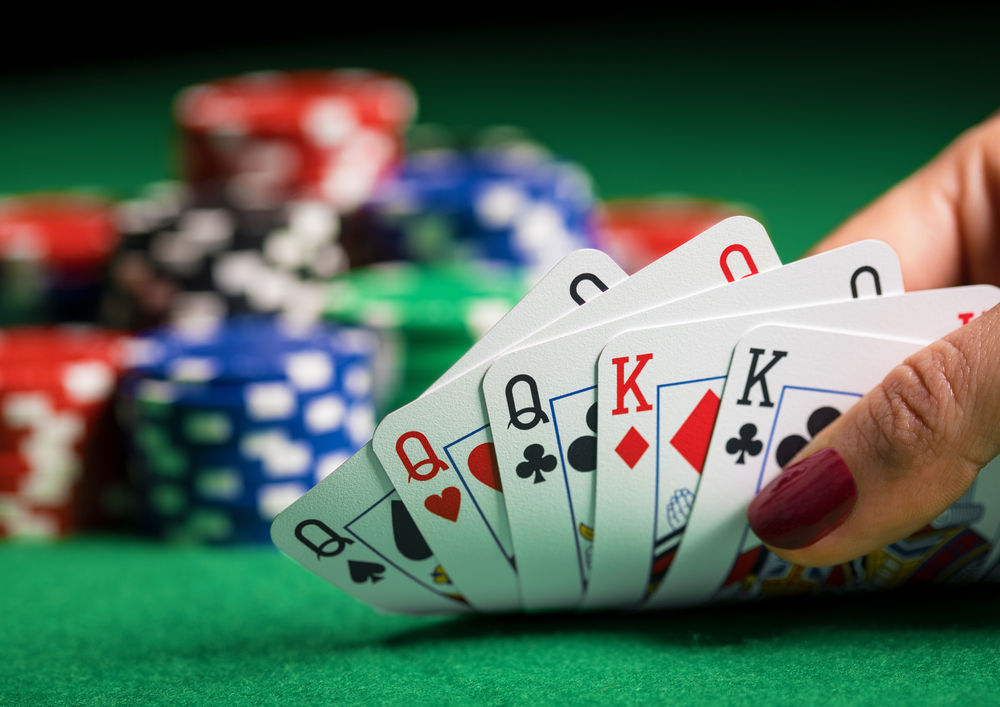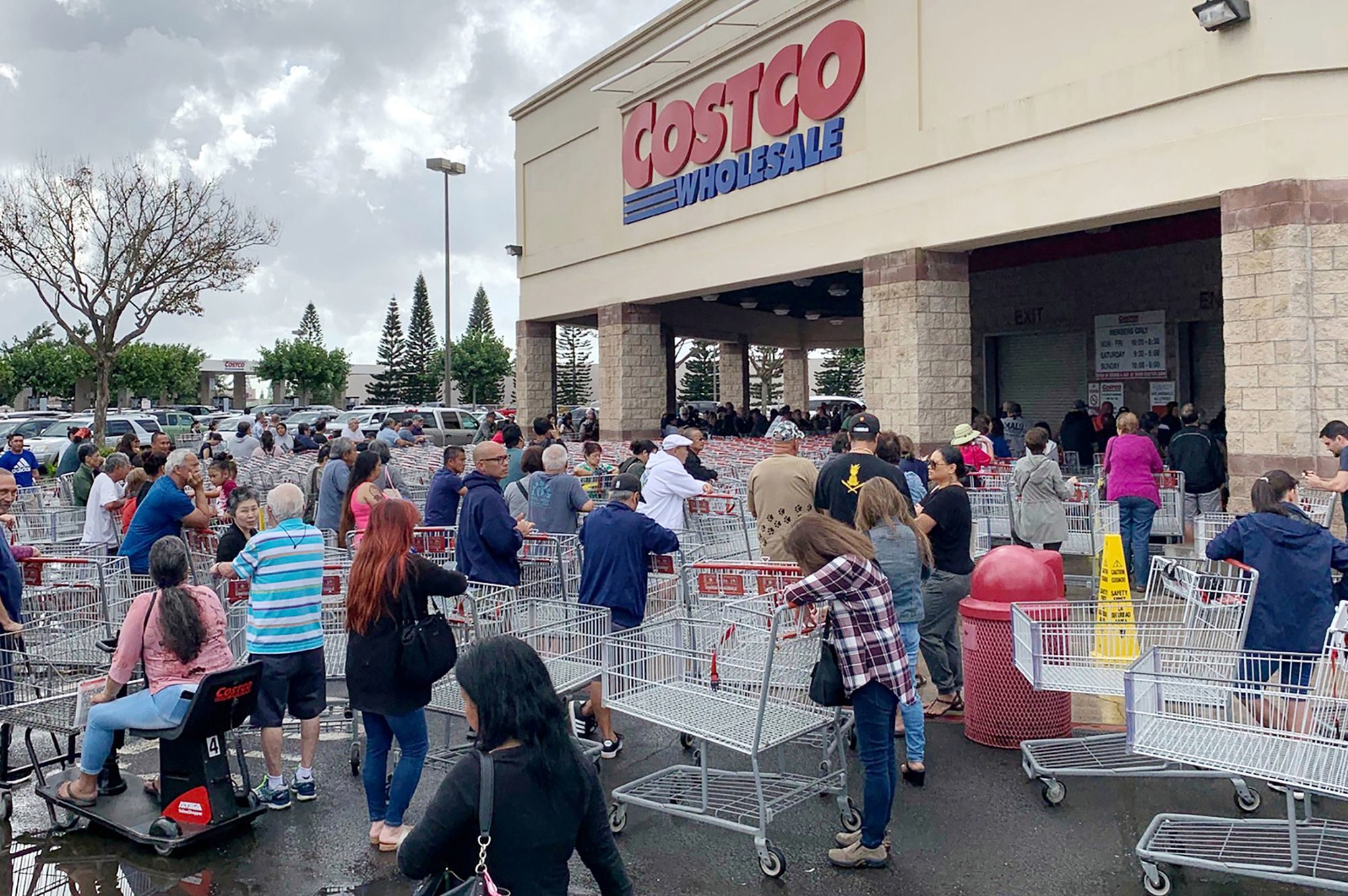
This evening the local news had a special on covid-19. An economist opined that this could cause a recession. On the other hand, if there was some good news, such as a fall in cases in Italy, it could rally people’s spirits and make them think everything was going to be alright. I got stuck on the thought of people’s “spirits” and how they shaped personal trajectories thus far in this story.
Though I have prepped for a decade, this has been the first really big crisis I have experienced as a prepper. We’ve had weather threats and stuff like that, but those were all at best local threats. This is the first really big disruption I have seen. Put differently, this is the first dry run for something even remotely approaching SHTF.
Now, before proceeding, let’s characterize this event. It is the biggest thing that has happened to many of us, but there have been some saving graces. It happened slowly enough that anyone who was paying attention had the time to make at least adequate preparations for, say, bugging in to ride it out (whether they have the resources to do so is admittedly a different story). Moreover, this is a crisis that has not so far impacted vital systems: the lights are still on, the gas pumps are still running, the store shelves are still more or less stocked, etc.
This has been a comparatively forgiving event, at least compared with some plausible and serious alternatives (such as the grid going down, a virus that had a higher “Rho naught” combined with much higher mortality and morbidity, etc.).
One of the major lessons I am going to take from this experience is how badly so many folks process risk. The won’t see obvious threats approaching and then will react in a fashion that does nothing (angry Tweets really make a difference!) or, in a smaller and more intimate social unit where they might have more influence, is actually counterproductive. On an intellectual level I already understood this, but it somehow looms much larger in my thinking after watching the past few weeks.
The vast majority of people I encountered did not see the Covid-19 tsunami coming, even as they were obviously in its shadow. Really, their falure to pay attention was just incredible and could only be explained beyond a certain point by denial. And now when they have finally acknowledged this great, awful wave..
Anger. The dominate gear for many is anger. They are angry and want someone to pay. Some blame China. Some drove ever deeper into the labyrinth of “Orange Man Bad”.
Some of the angry are simply panicking. Some are disappearing into blame game escapism. Many instant public health experts explain that this is only happening because we don’t have enough test kits. The shortage of test kits has been really lamentable, but no, this was going to happen regardless because we were never going to detect most of the cases in time due to the nature of this virus. This morning I heard someone on YouTube explain slightly caustically that Italy is in trouble because they did not have total surveillance immediately: you see, as he so plainly explains, a nation needs to detect all with cough, fever, myalgia, aches, etc. and quarantine them and they need to do that before the health system even notices cases. Lets not focus on complication, such as that there is literally no way to do this in a Western democracy.
Others suddenly and angrily push “solutions” that are just punches in the air. And they can never understand why they those solutions haven’t been implemented yesterday (back when they were personally still in denial, that is). Some argue that we need immediately to test everyone and that will solve the problem, but that would likely put us in an entirely different crisis as we drowned in a sea of false positives. Others argue that we need to adopt China’s “get tough” measures. Mind you many of these folks split their time between this demand and insisting that Trump is a dictator, but what I think all sensible people can agree on is that Chinese solutions probably wouldn’t work in the U.S. You’ve got that who nagging problem of a different society with different political and institutional structures, culture, history, laws, etc.
Then you have a final, and rather amazing group: those who still think there is no problem, even as they feel the first mist of the tsunami upon their cheeks.
The problem with people who process risk poorly is that they are a liability when difficult, evidence-based decisions need to be made. Emotion and psychology enter too deeply in their process, and that more often than not leads us to do stupid things that enhance risk.
A lot of lone wolf preppers are probably nodding in approval at this point. They plan to rely on no one but themselves. This has the advantage of insulating yourself from dependency on people who make poor risk choices. But there are probably instances where all of us make poor decisions and one of the great things about a social unit is that it provides a check on our errors and excesses. Moreover, socieities cast a broader net in terms of information gathering. And society is really critical to things like specialization, emotional support, defense, etc.
A core assumption behind lone wolf prepping is that you can make better decisions than others (or, alternatively, better at making them in isolation) and execute them better on your own. The first assumption is questionable. At a minimum lone individuals are probably generally at an information disadvangtage. Per the second, while there is probably some speed advantage to being alone, the Rambo myth is just that: in the tactical arena individuals rarely if ever defeat teams. There is no reason to believe that gathering resources, performing tasks, etc. would be any different.
So where does that leave us? As preppers we need to build a social network for mutual support in a massive disruption. But we clearly have to be a little selective about who we choose. A lot of folks are a liability in bad times. This happens to perfectly encapsulate my person rules 6 and 7:
6. Community
7. Let the right ones in
Lone wolves will probably not make it. But neither will a society of clowns. Strike the balance between the two.
